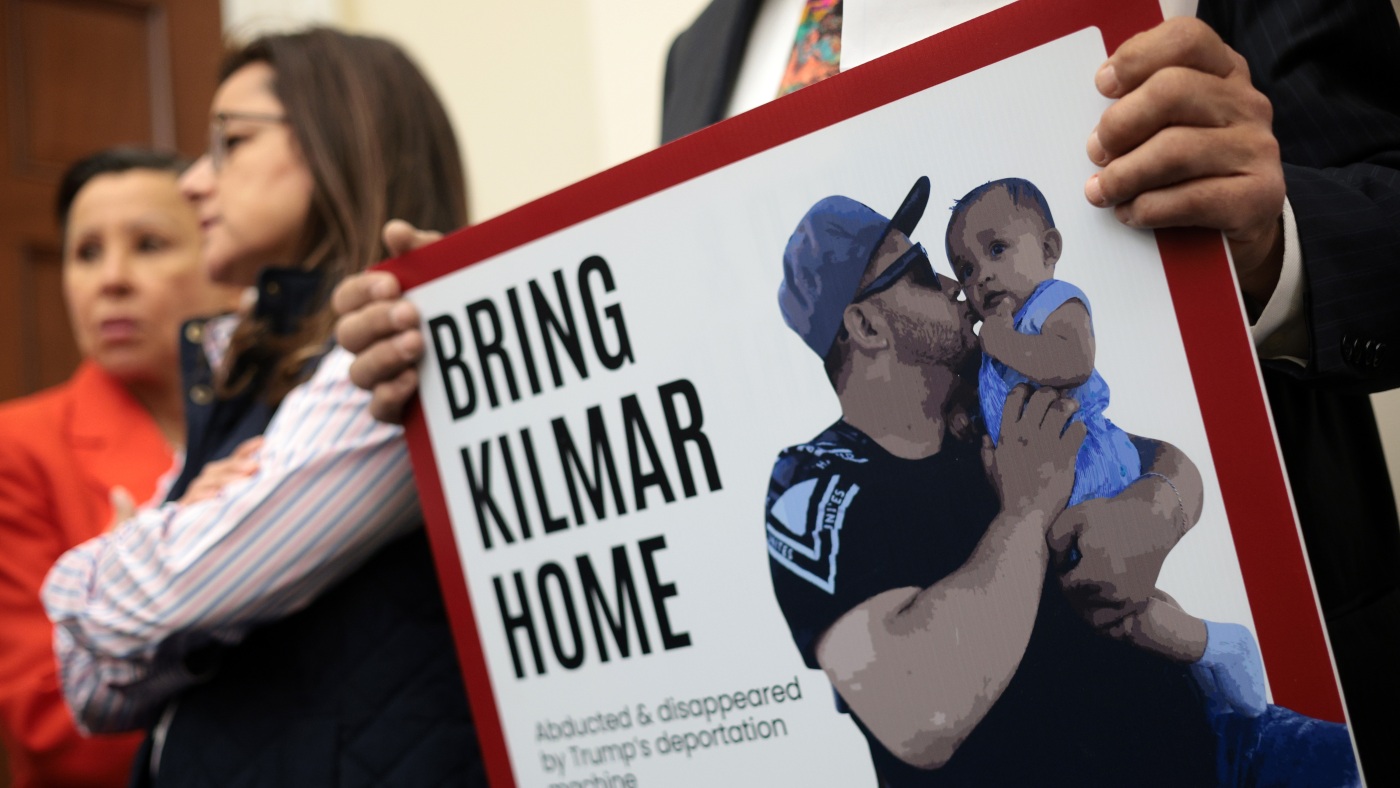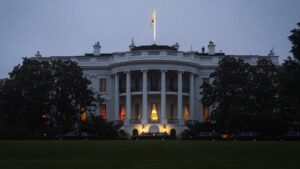
A member of the Congressional Hispanic Caucus holds a picture of Kilmar Abrego Garcia during a news conference to discuss Abrego Garcia’s arrest and deportation on April 9, 2025 in Washington, D.C. Alex Wong/Getty Images
In a legal tug-of-war, a Maryland federal judge is urging swift action for the return of Kilmar Abrego Garcia, who was mistakenly deported to El Salvador. The call for action comes shortly after the Supreme Court’s decision to uphold her order, prompting Judge Paula Xinis to direct federal authorities to expedite efforts to bring him back.
Judge Xinis’s recent order instructs the federal government to “take all available steps to facilitate the return” of Abrego Garcia to the United States promptly. She has asked the Justice Department for immediate updates regarding his status and location, along with the actions taken so far to repatriate him.
The Trump administration, however, seeks additional time to address the court’s queries, citing the need for a thorough review of the Supreme Court’s ruling. “Foreign affairs cannot operate on judicial timelines,” the Justice Department’s lawyers stated, emphasizing the complexities involved in international relations.
The case has escalated into a significant confrontation between the executive branch and the judiciary. It tests the limits of the administration’s deportation policies and highlights the complexities of international diplomacy. The administration admitted to the deportation mistake but maintains that bringing Abrego Garcia back is not feasible.
The Supreme Court has instructed the government to “facilitate” his release from custody in El Salvador and to report its actions. This ruling marks a rare victory for opponents of the administration’s deportation practices.
Legal and Political Implications
The Supreme Court’s decision to remand the case to Judge Xinis for clarification highlights the need for precise legal language in orders affecting foreign affairs. The court noted the ambiguity of the term “effectuated” used in her directive and requested clarity.
Tricia McLaughlin from the Department of Homeland Security expressed the administration’s position, stating, “SCOTUS agreed with us that the District Court improperly interfered with the President’s foreign affairs power.” The administration is keen on ensuring the judiciary respects executive deference in such matters.
Abrego Garcia, who lived in Maryland with his family, was granted protected status by an immigration judge in 2019, which should have prevented his deportation. Yet, he was removed to El Salvador, bundled with others accused of gang affiliations.
Disputing the administration’s claims, his legal team argues that the allegations against him are based on unreliable sources and lack evidence. The judge found the accusations “vague” and “uncorroborated,” with no criminal charges presented.
Despite the judicial directives, the administration remains adamant, with White House deputy chief of staff Stephen Miller asserting the court’s ruling as a limitation on judicial overreach in foreign affairs.
The unfolding legal battle continues to draw attention, raising questions about judicial authority, executive power, and the balance between immigration enforcement and individual rights.
This article was originally written by www.npr.org






